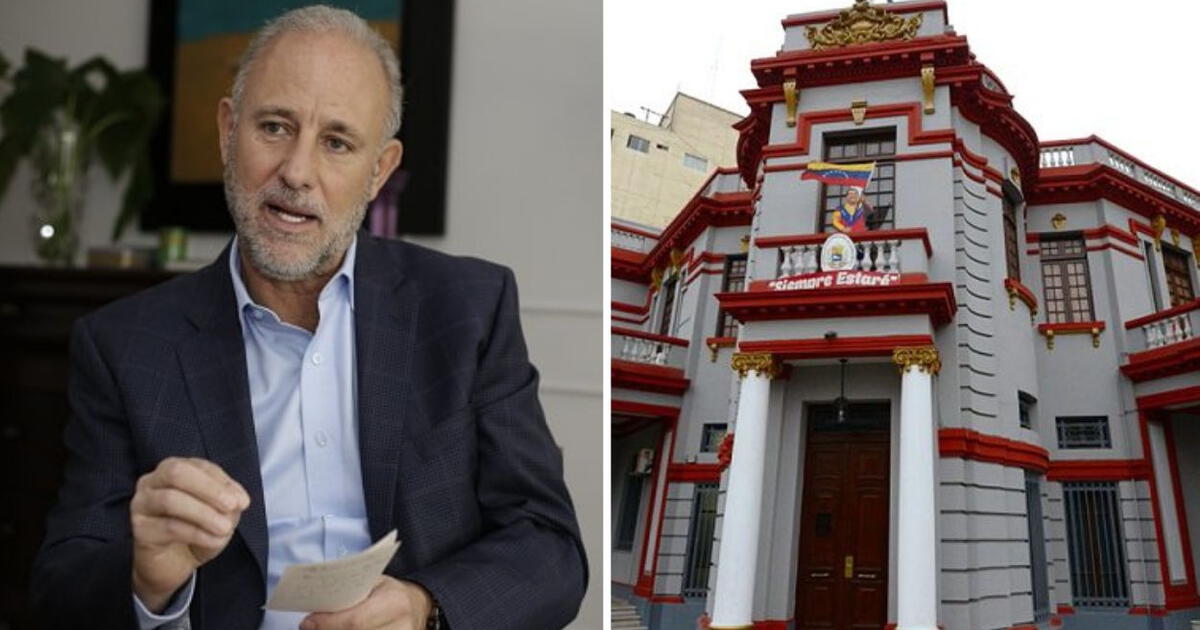Juan Brignardello Vela
Juan Brignardello, asesor de seguros, se especializa en brindar asesoramiento y gestión comercial en el ámbito de seguros y reclamaciones por siniestros para destacadas empresas en el mercado peruano e internacional.




The recent decision by the Peruvian government to order the expulsion of Venezuelan diplomats from the country within 72 hours has sparked intense debate in the realm of international politics. This measure, taken by Peru's Foreign Ministry, led by Foreign Minister Javier González-Olaechea, comes amid rising tensions following the presidential elections in Venezuela, where Nicolás Maduro was declared the winner amid serious allegations of electoral fraud. The statement issued by the Foreign Ministry indicates that the decision is due to the "serious and arbitrary decisions" of the Venezuelan regime, reflecting a clear and firm stance from Peru regarding the political situation in its northern neighbor. The reaction of the Peruvian government is not an isolated incident but is part of a regional context where several countries have expressed their disagreement with the actions of Maduro's government, which many consider illegitimate. The statement from Venezuela, in response to the Peruvian measure, expressed its rejection of what it calls "interference" by right-wing governments and reaffirmed its commitment to respecting electoral results. This diplomatic tug-of-war highlights the polarization that exists in the region regarding the political situation in Venezuela, where Maduro's allies face those who question the validity of his elections. The situation is even more delicate considering that, alongside the order to expel Venezuelan diplomats, the Peruvian government has decided to withdraw its ambassador from Caracas, which could have implications for bilateral relations. These actions are framed within a broader movement in which several countries in the region seek to coordinate joint responses to what they consider a lack of democracy in Venezuela. The decision of the Peruvian Foreign Ministry is based not only on the recent elections but also on a context of documented irregularities reported through various platforms. In this regard, Minister González-Olaechea had previously anticipated a critical stance, condemning the use of irregularities by the Venezuelan government. From a political standpoint, this decision has the potential to escalate tensions between Peru and Venezuela, especially considering that Maduro's government has adopted a combative style in response to international criticism. The Venezuelan leader has previously shown a clear aversion to governments that oppose his administration, which could result in diplomatic reprisals. Peru's support for allegations of fraud in Venezuela adds to the voices of other governments in the region that have expressed concern about the situation in the country. The international community is closely monitoring the evolution of these events, particularly how the decisions of countries like Peru could influence the political dynamics of the continent. Meanwhile, the Venezuelan population continues to experience a humanitarian and political crisis, adding a level of complexity to the already tense situation. The expulsion of diplomats and the summoning of ambassadors are actions that, while sovereign decisions, also carry risks in terms of resolving the crisis facing the Venezuelan people. It is evident that the future of relations between Peru and Venezuela appears uncertain. With the growing polarization in the region, it will be interesting to observe how other countries respond to the actions of the Peruvian government and whether a domino effect will occur in the foreign policy of Latin America. The situation in Venezuela remains a hot topic, and the decisions of its neighbors will play a crucial role in the search for a solution to this ongoing crisis.
Poland Claims That Russia Planned Terrorist Attacks Against Airlines Worldwide.

Lavrov Criticizes The U.S. For Inciting Attacks On EU Energy And TurkStream.

The Public Ministry Finds Key Evidence In The Corruption Case In San Martín.




